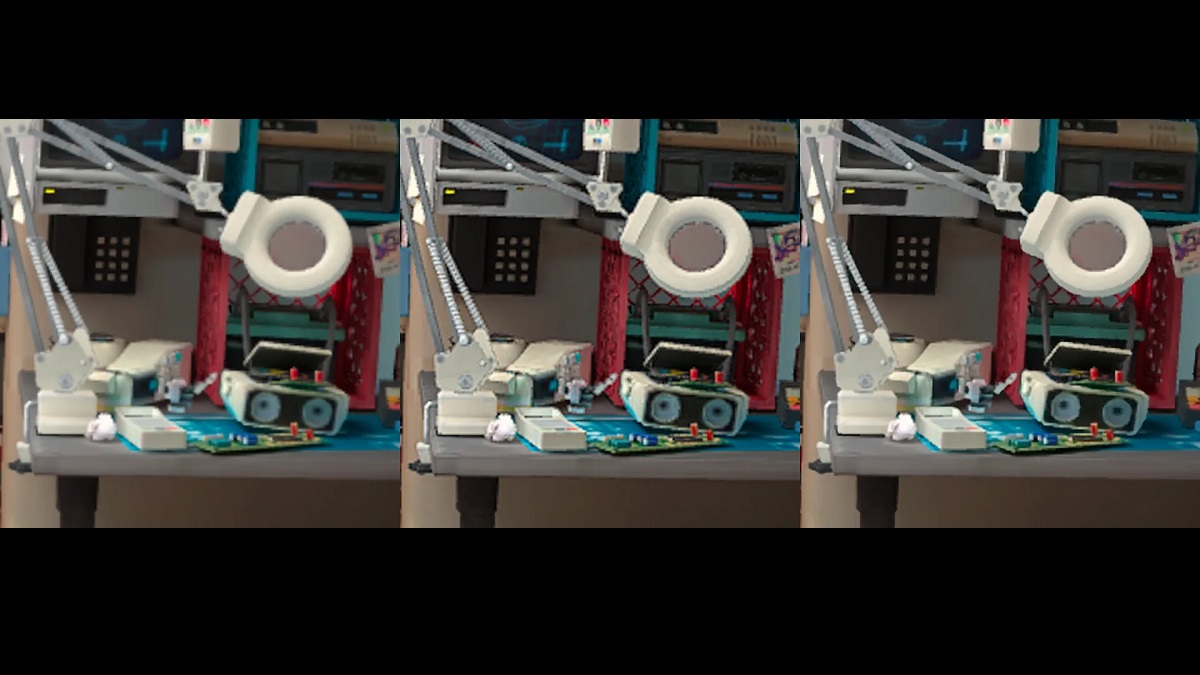Facebook parent company Meta has revealed its Meta Quest Super Resolution that can help VR developers improve the clarity and quality of their VR apps. Super Resolution is a VR-optimised scaling and sharpening algorithm that’s built upon Snapdragon Game Super Resolution and is specially optimised for the Meta Quest in collaboration with the Qualcomm Graphics Team.
Devs can enable Meta’s Super Resolution to maximise their image quality on Meta Quest’s high-resolution displays to deliver a smoother experience for their audience.
The VR compositor takes the 2D and 3D content that apps render and adapts it for display. This includes correcting them for optical problems like lens distortion and chromatic aberration, as well as variations in the panel and backlight. The compositor also checks how the app behaves, such as its image resolution and pose prediction to produce the final result for the end user.
Meta wrote in a blog post, “The final image produced by the compositor is generated at the product display resolution; however, app content may be rendered at lower than display resolution and upscaled to fill the screen if GPU performance doesn’t support rendering at full resolution.”
A fine addition for VR users
While immersive 3D apps usually render lower than display resolution with 2D apps often targeting full display resolution, Meta says that the actual resolution can, “Vary significantly based on the viewing distance.”
“By default, the compositor performs low-cost, hardware-accelerated bilinear upscaling to bring content to display resolution. While highly efficient, bilinear scaling can introduce blurring and artefacts that degrade image quality,” wrote Meta.
The Instagram company adds that Super Resolution is an improvement in image quality over the current sharpening methods it exposes to developers. “In addition to the default bilinear sampling, we currently expose ‘normal’ and ‘quality’ sharpening methods based on robust contrast adaptive sharpening (RCAS) techniques via an OpenXR extension.”
“With optimisations introduced to our normal sharpening algorithm in V53, our normal sharpening algorithm produces near identical output quality at much lower performance cost compared to the quality method.
“We will be replacing our existing quality sharpening method with Super Resolution providing two distinct algorithms with different levels of quality and associated performance costs,” added Meta.
Meta says developers can control Super Resolution by using the quality sharpening option in ‘XR_FB_composition_layer settings OpenXR extension‘. And in Unity, users can enable Super Resolution via ‘OVROverlay for compositor layers or OVRManager for projection layers’.
Super Resolution is now available for Meta Quest Link via the Oculus Debug Tool and is enabled when Link Sharpening is set to ‘Quality’.
Isa Muhammad is a writer and video game journalist covering many aspects of entertainment media including the film industry. He's steadily writing his way to the sharp end of journalism and enjoys staying informed. If he's not reading, playing video games or catching up on his favourite TV series, then he's probably writing about them.



































